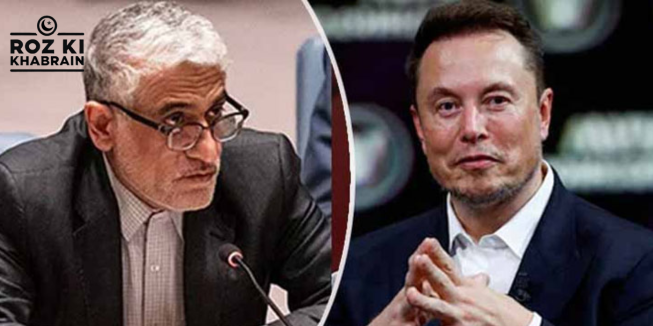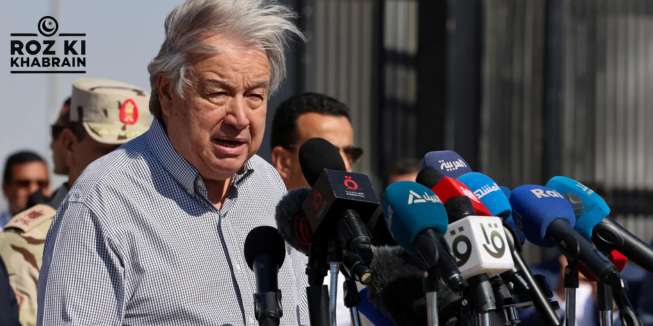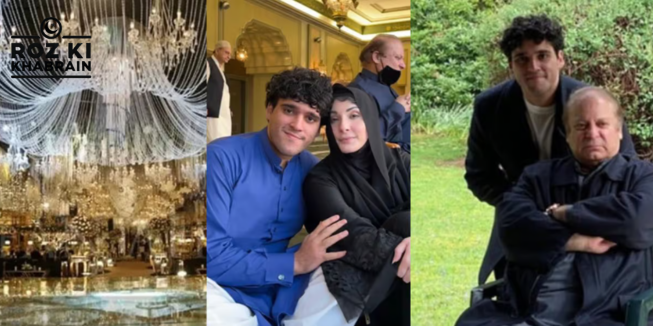Iran has firmly denied reports of a meeting between its UN envoy and Elon Musk, calling the claims “categorically false” and expressing surprise at the media coverage from the U.S.
In an interview with the state news agency IRNA, Iran’s Foreign Ministry spokesperson Baghaei rejected the reports and criticized the American media’s portrayal of the situation. The media in Iran was divided over the alleged meeting between Tehran’s ambassador to the UN, Amir Saeid Iravani, and tech billionaire Elon Musk, with some outlets describing it as a “positive” development, while others labeled it as “treason.”
The New York Times had reported on Friday that Musk, a close ally of President-elect Donald Trump, met with Iravani earlier in the week. The article cited anonymous Iranian sources who described the meeting as “positive,” although neither the Trump transition team nor Iran’s UN mission confirmed the encounter.
Iranian reformist media outlets were generally favorable toward the reported meeting. The Ham Mihan daily praised the Iranian diplomatic team’s strategy and its positive reception from the U.S., while Sazandegi suggested it could signal a form of “secret diplomacy” with the United States, though it urged caution in overemphasizing the significance of the meeting.
On the other hand, the conservative Kayhan daily criticized the meeting as either “naivety or treason,” accusing Trump of betraying Iran by pulling out of the nuclear deal. Kayhan called for Trump to pay reparations for violating the 2015 nuclear agreement.
The Jomhuri Eslami newspaper, also conservative, noted the potential for the meeting to signal a shift in Iran’s foreign policy, though it refrained from naming Musk, referring to him only as Trump’s representative.
Since the 1979 Islamic Revolution, Iran has used the Swiss embassy in Tehran and the Sultanate of Oman to communicate with countries that have severed diplomatic ties.




